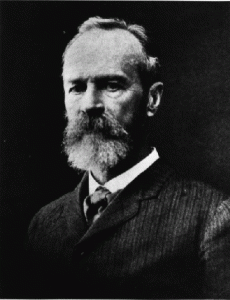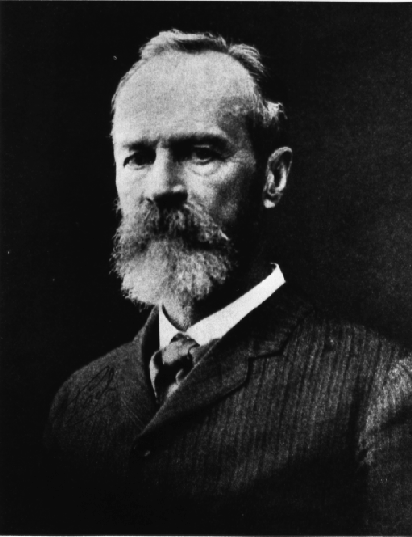 To William James
To William James
Ávila, Spain. July 3, 1888
I am glad to know that I have been reappointed to the Walker Fellowship, as that seems to show that I have not yet quite lost my reputation. I have left Germany, however, without any desire to go back there, nor do I think that I should learn or study much if I returned. I had thought of Paris as a possible resting place, but on the whole it seems to offer few advantages for me. I therefore intend to return to America. I have reached the stage where I must work by myself; but I have not enough motive force within me to accomplish anything without encouragement and stimulation from without. And it seems to me that I could employ the fellowship better at Harvard than anywhere else, since there I should have more people to talk with, and an atmosphere less favorable to apathy. Then the advantage of a library managed on rational principles is not to be despised. I hope you will write to me soon and tell me what you think of my plan. If you have any other to suggest that seems to you better, I hope you will do so. But I dare say you will agree with me that I could make as good use of my time at Harvard as anywhere. Three terms of Berlin have fully convinced me that the German school, although it is well to have some acquaintance with it, is not one to which I can attach myself. After the first impression of novelty and freedom, I have become oppressed by the scholasticism of the thing and by the absurd pretension to be scientific. In fact, my whole experience, since I left college and even before, has been a series of disenchantments. First I lost my faith in the kind of philosophy that Prof. Palmer and Royce are interested in; and, then, when I came to Germany, I also lost my faith in psycho-physics, and all the other attempts to discover something very momentous. A German professor like Wundt seems to me a survival of the alchymist. What is the use of patience and ingenuity, when the fundamental aim and intention is hopeless and perverse? I might as well stick to Kant’s Critique of the Practical Reason, or take at once to dogmatic theology. Indeed, the whole thing has sometimes seemed to me so wrong and futile, that I have suspected that I had made a mistake in taking up philosophy at all, since all the professors of it seemed to be working along so merrily at problems that to me appeared essentially vain. But I have remembered that this very feeling of mine would make as good a ground for a philosophy as any other, if I only had the patience and audacity to work it out. This is what I hope to do in some measure next year. I have already written a good deal, but in a loose and disjointed manner. All needs rewriting.
From The Letters of George Santayana: Book One, [1868]-1909. Cambridge, MA: The MIT Press, 2001.
Location of manuscript: The Houghton Library, Harvard University, Cambridge MA.
